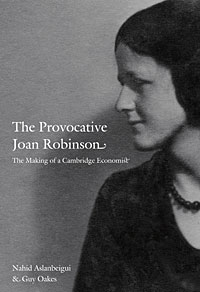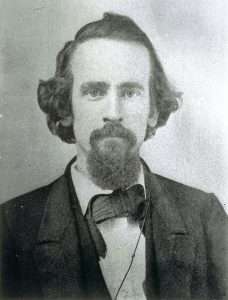Description: This ten-week course offers a pluralist introduction to political economy and economics. We will examine nine competing schools of thought, each of which offer an original and distinctive illumination of economic reality. The course is tertiary (i.e. university level) in nature and teaching staff are both well qualified and experienced (for more information see here). However, you do not need to be connected to a university or to have previously studied political economy or economics to enrol.
Design: The subject is taught in ‘flipped classroom’ mode whereby you first view an online lecture, then undertake some suggested reading, and then participate in a weekly 90 minute class (with a short break at the 45 minute mark) where we discuss set questions as well field any queries or comments you wish to contribute. There are extra (optional) readings each week for those wanting to engage with each school of thought at a more advanced/postgraduate level.
Tutorial sizes have a maximum upper limit of 18 people (usually less) in order to generate a conversational, easy-going and genuinely interactive experience. The lectures and readings are all downloadable and may be done whenever you like. The lectures can either be viewed, or simply listened to as podcasts. One-on-one help is provided whenever you need to clarify anything.
Commencement date and discussion group time(s)
The subject website with all lectures and reading materials are now accessible. Small group tutorials start Monday 22nd April 6-7.30pm (EADT – UTC+11 hrs).
Group discussion sessions are 1.5 hour in length (with a 5-minute break at the halfway mark). Other sessions times on different days (and different times of the day) may also be offered. For example, it is often possible to run sessions that are better suited to people based in different time zones to UTC+11 hrs. Just let us know your preferences and we will see what we can do.
Cost (major currencies list below, contact us for costs in other currencies)
Australian Dollars AUD$250 (waged), AUD$200 (unwaged).
US Dollars US$170 (waged) US$130 (unwaged)
Euros EUR160 (waged) EUR130 (unwaged)
UK Pounds GBP140 (waged) GBP110 (unwaged)
Payment can be made via electronic funds transfer, credit card or PayPal. All students are eligible for a full (and no questions asked) refund if they change their mind about undertaking the course provided they can provide notification within 10 days of registering.
Assessment: There are regular questions and answers to allow you to self-test your knowledge, but the results of such self-tests are only available to you. Tutorial discussions are also a great opportunity to test and clarify your ideas. As already mention, you can get one-on-one assistance via email, phone or zoom to confirm (or clarify) any aspect of the course.
Accreditation: The purpose of the course is to provide you with a high-quality, accessible, university-level introduction to political economy and economics rather than to provide formal accreditation in the form of a degree, certificate or similar. However, you can certainly gain a level of knowledge that matches similar courses taught at university and if you undertake and complete the course, you can obviously list that you have done so on your resume and we are able to provide verification of your participation and engagement with the subject.
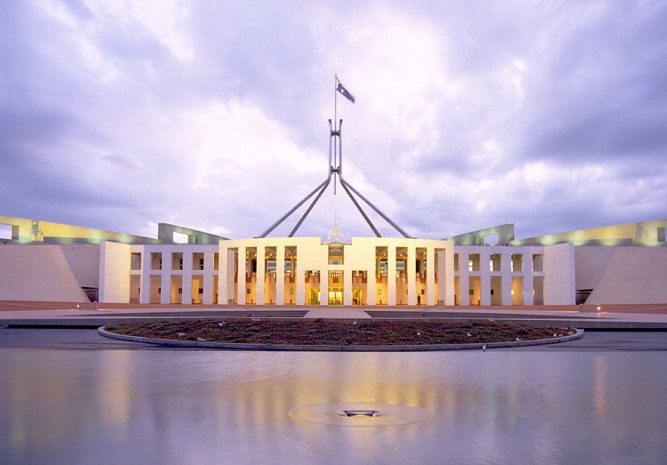
Week 1 institutional Economics
It is sometimes imagined that the economy is a system of markets when it is in fact a system of institutions (i.e. formal and informal rules). Whilst the market is definitely a central economic institution, it is necessarily nested inside other institutions and these other institutions exert a profound influence over how markets work. Institutionalism is an excellent way to start our intellectual journey. It is very much economics as social science and is as illuminating as it is accessible.

Week 2 Behavioural economics
Behavioural economics brings psychological insights and methods into economic decision making. A major and consistent finding of this school of thought is that our decision making is often surprisingly irrational. We consider what policy implications result from our regularly poor decisions, including contemplating the use of behavioural ‘nudges.’ We also contemplate how behavioural economics might (and might not) improve various real world outcomes.

Week 3 austrian economics

Week 4 neoclassical Economics (Part 1)
Neoclassical economics (sometimes called ‘mainstream economics’ or ‘traditional economics’ or ‘orthodox economics’) is something every political economist and economist needs to be familiar and confident with. Here we present neoclassical content in an accessible manner by focusing on understanding and evaluating the underlying ideas – rather than getting bogged down in technical or mathematical details. If you are seeking to better understand (and better evaluate) the way economists make sense of the world, this material should be both interesting and of practical use to you. In this particular week we concentrate on neoclassical microeconomics – the analysis of decision making by consumers and businesses.

Week 5 neoclassical Economics (Part 2)
We continue our examination of neoclassical economics, turning out attention to macroeconomics. In doing so, we will also introduce basic macroeconomic concepts such economic growth, inflation, unemployment, money and debt that are relevant to all schools of thought.
Week 6 Post Keynesian economICS
We look at the often badly misunderstood ideas of J M Keynes, particularly his very important ideas concerning the fundamental uncertainty of the future, and the role of money in a market economy. We explain the difference between the Keynes as understood in neoclassical (orthodox) economics versus Keynes’ ideas as expressed in his own writings. We also contemplate the role that Keynesian ideas could play in confronting contemporary challenges such as economic instability, stagnation, inequality and environmental constraint. Key thinkers in the Post Keynesian tradition include not just Keynes but Michael Kalecki, Joan Robinson (pictured left) among many others.
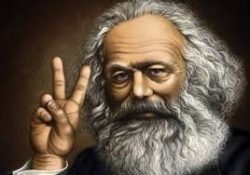
Week Marxian political economy
Week 8 GEORGIST economICS
Classical political economists such as Adam Smith and David Ricardo accorded land special status in economic theory. George extended this work and was a particularly effective advocate for greater taxation of land. If you are interested in issue of housing affordability and inequality of wealth and income you will find much to engage with in Georgist ideas. We also use Georgism as a springboard to explore the idea of rent in regards to capital and technology.
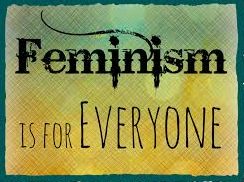
Week 9 Feminist economICS
Feminist economists make a number of important contributions to our understanding of economic and social reality. In particular, they offer often striking illumination of recurrent and often quite serious gender blind-spots that can distort the world and our analysis of it. In this week we will examine the key ideas in feminist political economy, including the policy implications they carry.
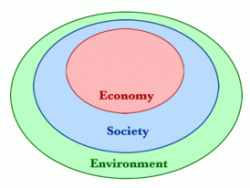
Week 10 ecological EconomICS
Ecological economics is an interdisciplinary or transdisciplinary area of knowledge whose foundation stone is the recognition that the economic system sits inside a social system which in turn needs to exist inside the opportunities and constraints of an environmental system. We examine the key ideas and figures in this school including debates between advocates for de-growth and green-growth.


